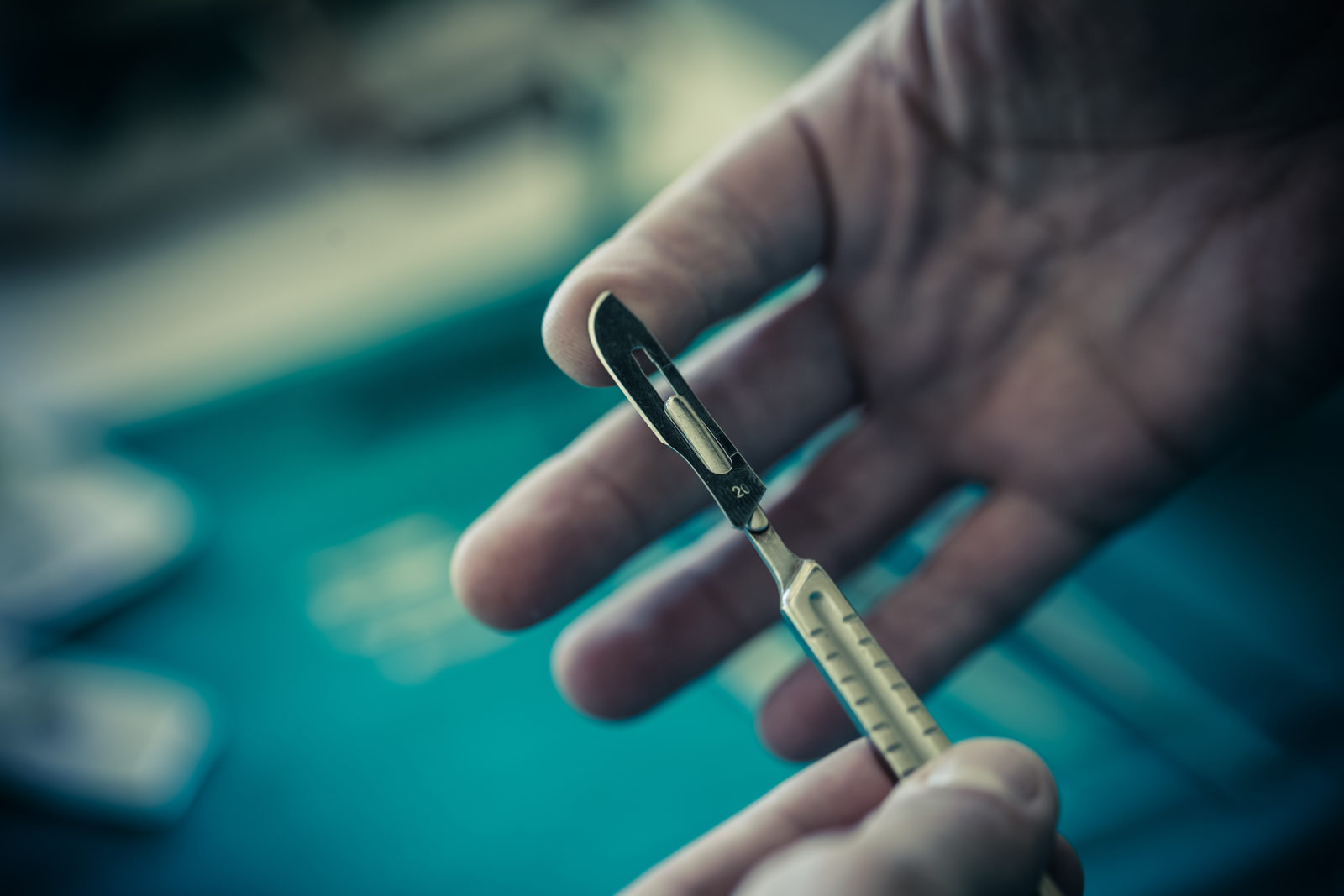Bioethicist: Let Doctors Kill the Healthy by Harvesting Organs
Crossposted at HumanizeWe have entered the era of what I call “do harm medicine,” in which the concept of what constitutes harming the patient has become entirely malleable and subjective. I even wrote a book covering that subject.
Here’s an example: When organ transplant medicine began, the “dead donor rule” was instituted to assure a wary public that people’s vital organs would only be procured after the person was dead. A corollary to that rule assures the public that people will not be killed for their body parts.
The dead-donor rule has been under attack for some time within the utilitarian bioethics movement. (I am not writing about the brain-death controversy, which is a separate discussion.) Many bioethicists are now pushing to allow doctors to kill via organ harvest, sometimes called “organ donation euthanasia” (ODE).
At first, this proposed killing license was supposed to be limited to patients on the verge of death or the permanently unconscious. Now, a prominent bioethics journal has published a piece urging that healthy people be allowed to die by removal of vital organs.
The author claims that because people can instruct life-sustaining treatment to be withdrawn (LST), and can donate their organs after death, that ODE is also OK because it will result in death, too, and result in more usable organs procured and more lives saved. From, “May I Give My Heart Away?: On the Permissibility of Living Vital Organ Donation:”
In this situation, according to proponents of ODE, the doctor should respect the decision, even when this will cause the death of the patient. It seems commonly accepted that patient autonomy allows patients to refuse any medical intervention initiated on one’s body and life, and therefore, doctors are morally obligated to withdraw LST when this is what the patient wants. If we should uphold the DDR in such situations, the doctor should wait until the patient is declared dead to procure the patient’s organs.
Proponents of ODE argue that if the patient consents, it would be permissible to procure the patient’s organs before death. This will of course mean that the patient will die from donating his or her vital organs instead of dying from having his or her treatment withdrawn. However, this seems ethically immaterial in this situation since the outcome for the patient will be the same.
But that’s not true. Not everyone dies after having life-sustaining treatment withdrawn. Indeed, under current organ-donation protocols, if the patient doesn’t die, he is taken back to the ward and usually disqualified as an organ donor thereafter.
Once death ceases to be the necessary predicate for donating vital organs — and is replaced with “consent” — there would be no natural limiting principle. And so it is here. Rather than being a form of euthanasia to end suffering, the idea is to permit someone to have themselves killed for the altruistic purpose of saving other people’s lives, called living vital organ donation (LVOD). All that matters would be consent, and moreover, such a program would allow for tailored killing by harvesting:
If the autonomous desire to sacrifice oneself to benefit others should count as a morally relevant reason, all things being equal, this desire will have a greater chance of being fulfilled when the donor is not imminently dying. In such cases, the donation can be postponed until a suitable recipient is in place. By contrast, when the primary motivation is death, as it is in ODE, it is plausible that patients would not be willing or able to wait for months, maybe years, until a receiver match appears.
But consent has the power to justify abundant “do harm” medical practices. Example, policies that allowed sex-change surgeries for the few have now expanded to validate puberty blocking for children, for which there is scant evidence of benefit and the potential for material physical harm. Look ma, no brakes!
Besides, once a fundamental moral principle is breached, it is like a dam breaking. The deluge may begin as a trickle, but soon the reservoir empties flooding the plains below. Hence:
- Assisted suicide/euthanasia for the terminally ill who ask to die was legalized as a means to prevent suffering at the end of life.
- That morphed in some places into allowing people with disabilities and chronic conditions who ask to die to be killed to eliminate suffering.
- Which morphed into allowing the mentally ill who ask to die to be killed in some jurisdictions to eliminate suffering.
- Which morphed into conjoining organ harvesting with euthanasia (in the Netherlands, Belgium, and Canada) if the person to be killed consents.
- Which morphed into several proposals to permit killing by organ harvesting for those facing imminent death.
- Which has now morphed into a proposal to allow healthy people to ask to be killed for altruistic reasons.
- Which will one day morph into proposals to allow surrogates to authorize euthanasia via organ harvesting for the incapacitated or letting people order themselves harvested once they become incapacitated in advance medical directives.
Please understand that these proposals are not fringe ideas. Bioethics, which published this article, is a wholly mainstream publication. The idea of killing for organs is considered respectable in the field. And it gives these advocates no pause that their plans would also transform organ-transplant doctors — known for focusing exclusively on saving lives — into outright killers.
The only way I can think of to thwart this drip-drip-drip-into-deluge process is to cast a bright light on where the thought leaders in bioethics want to take health-care policy in coming years. Forewarned, I hope, is forearmed. Hopefully, the people upon whom these policies would be imposed will disagree and thwart the best-laid plans of utilitarians and bioethicists.
